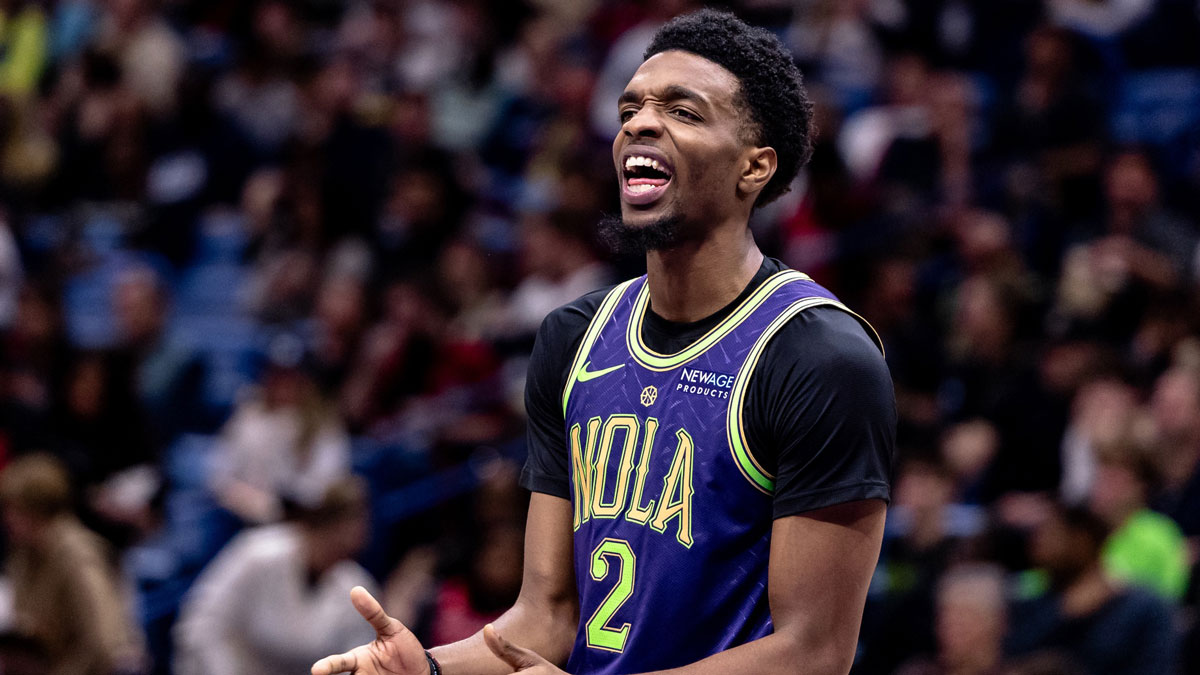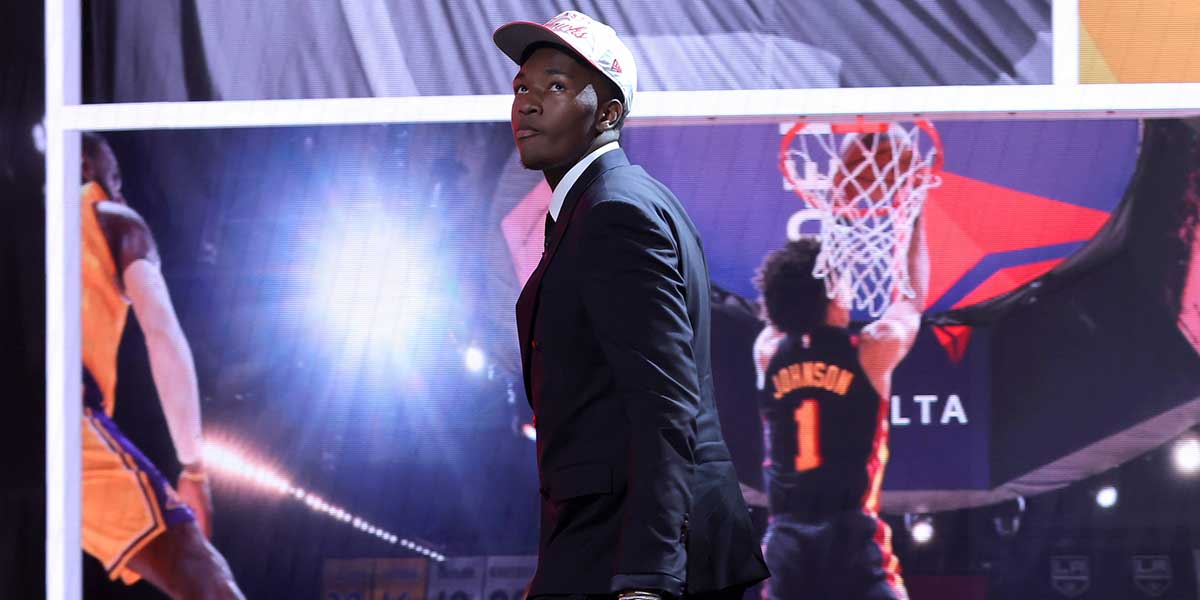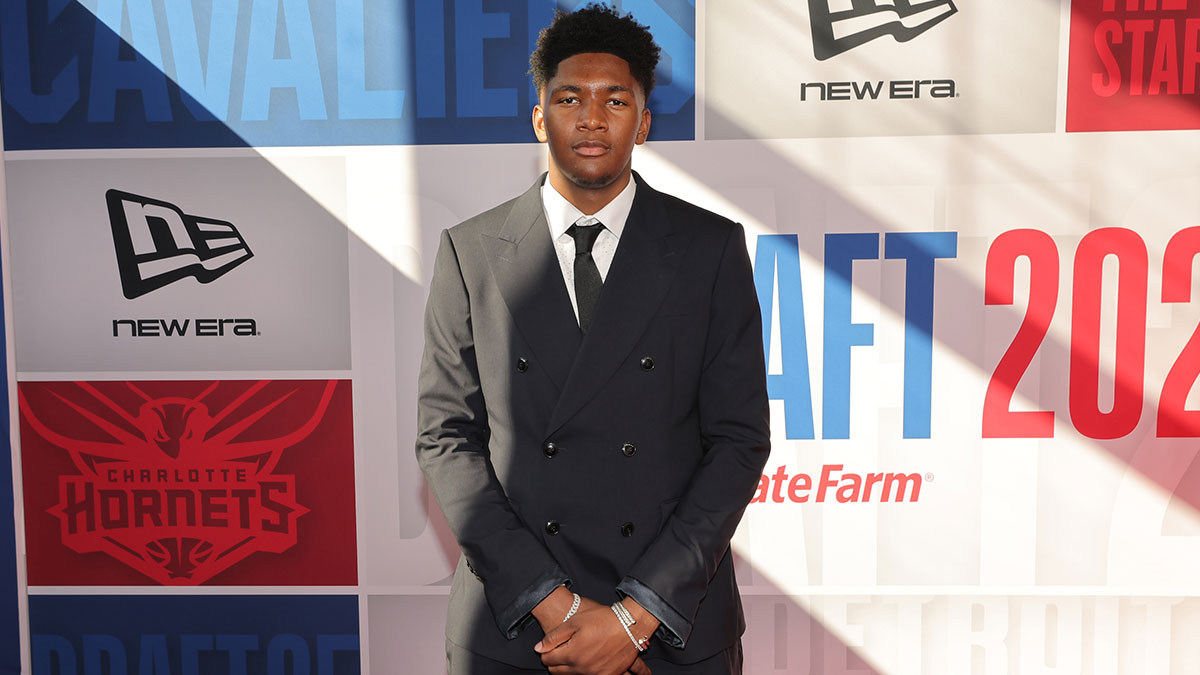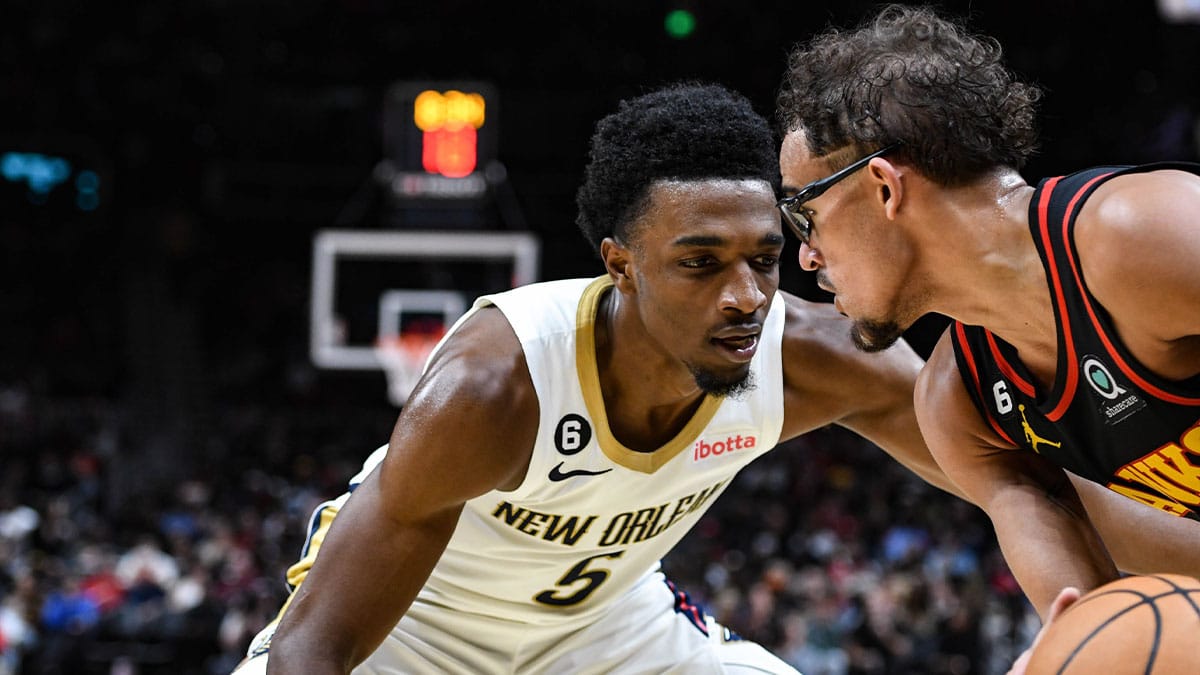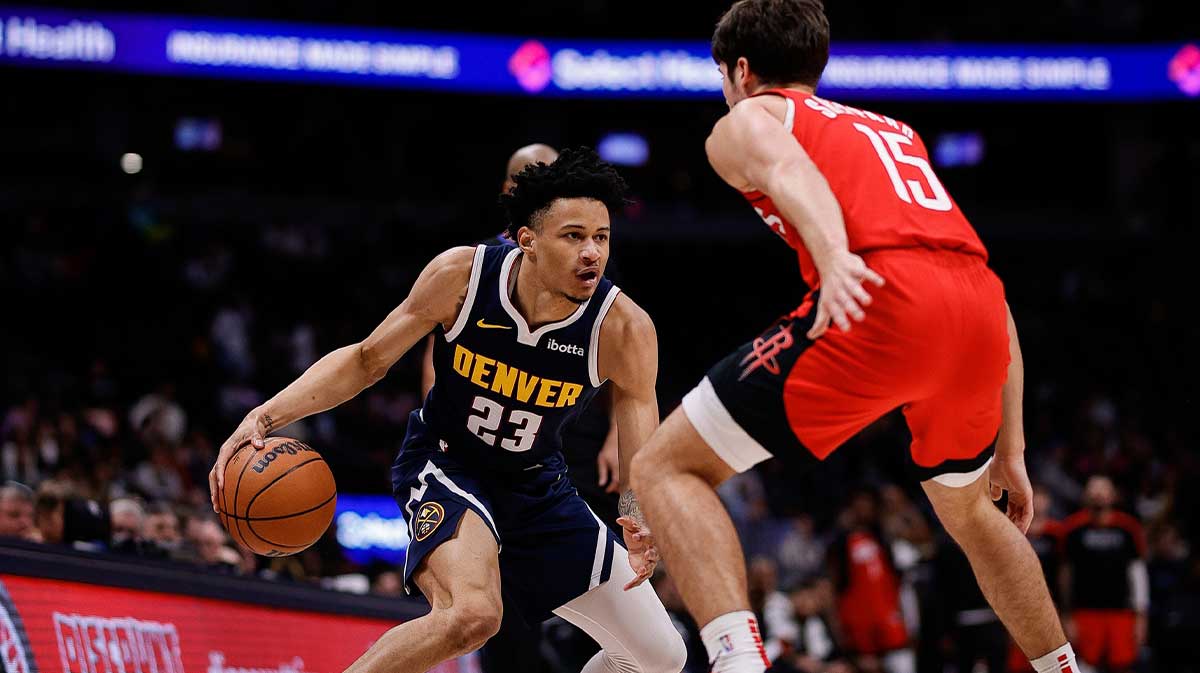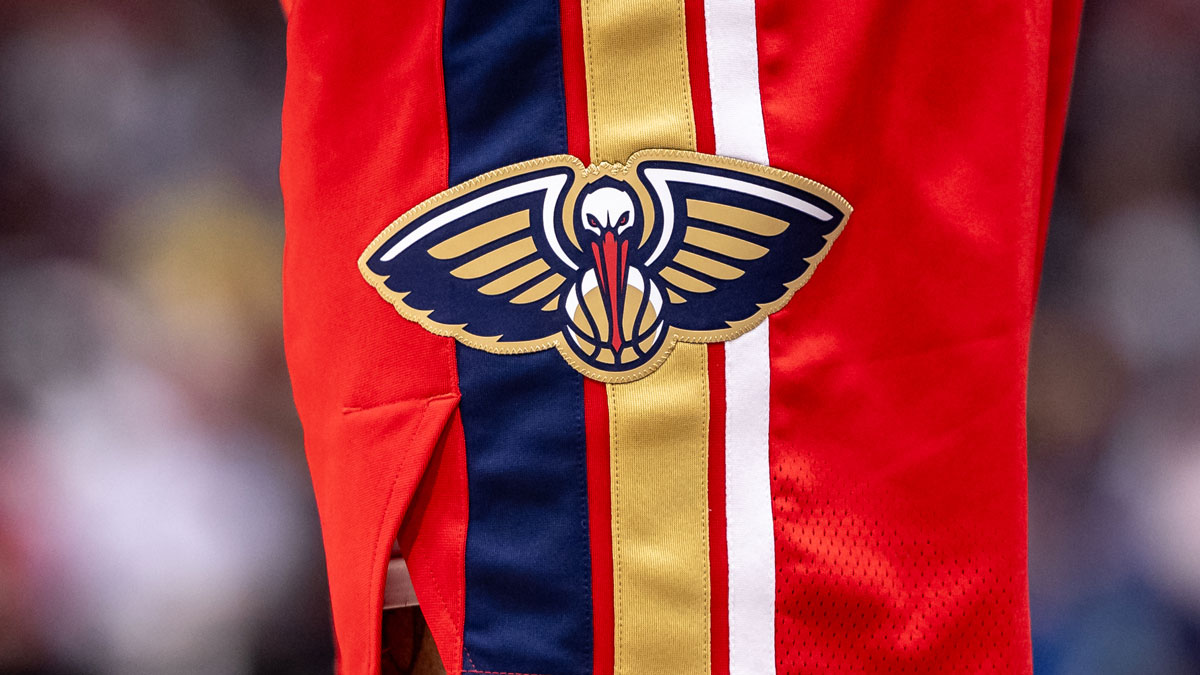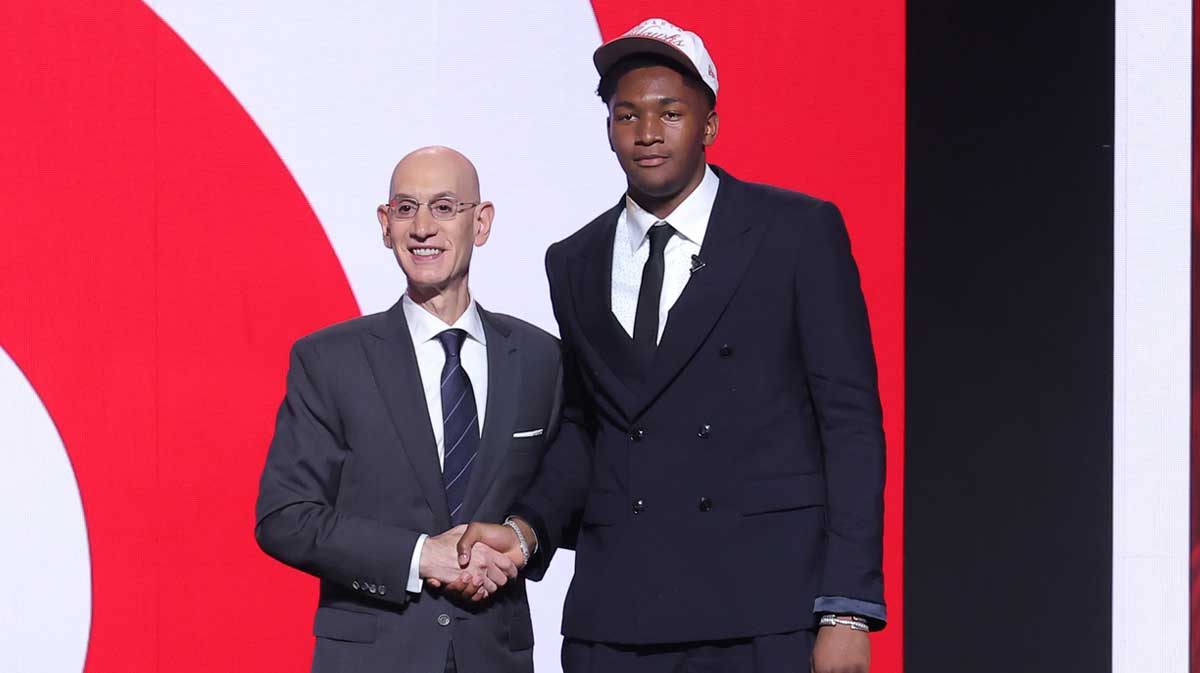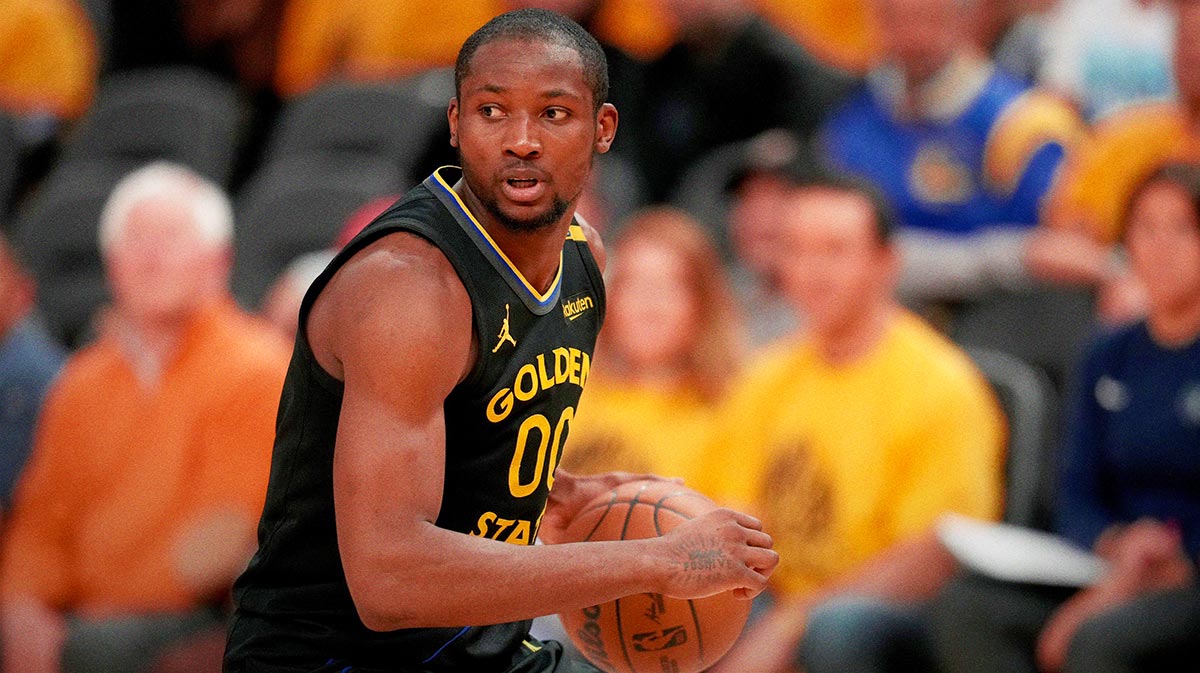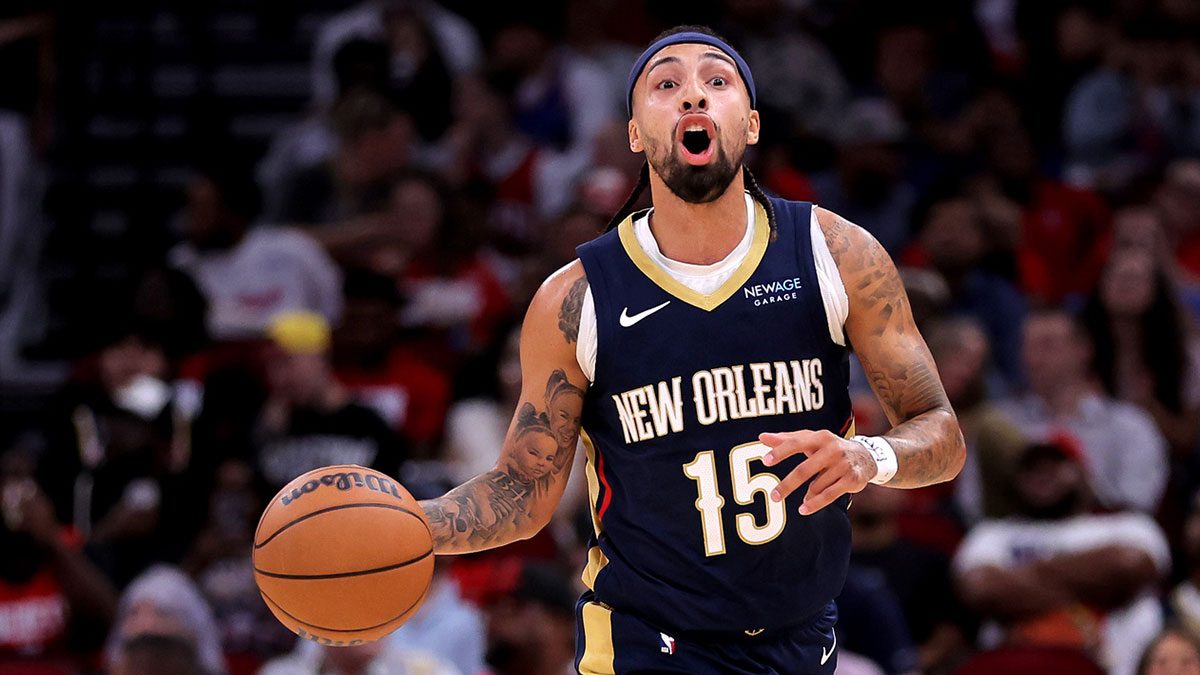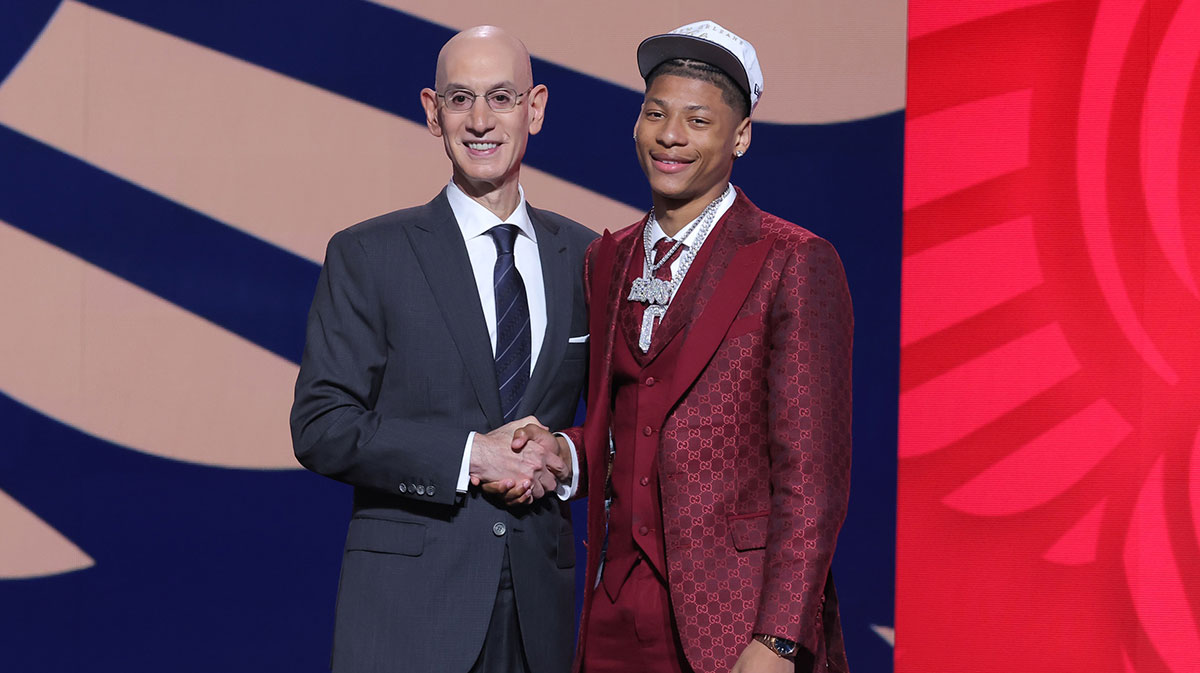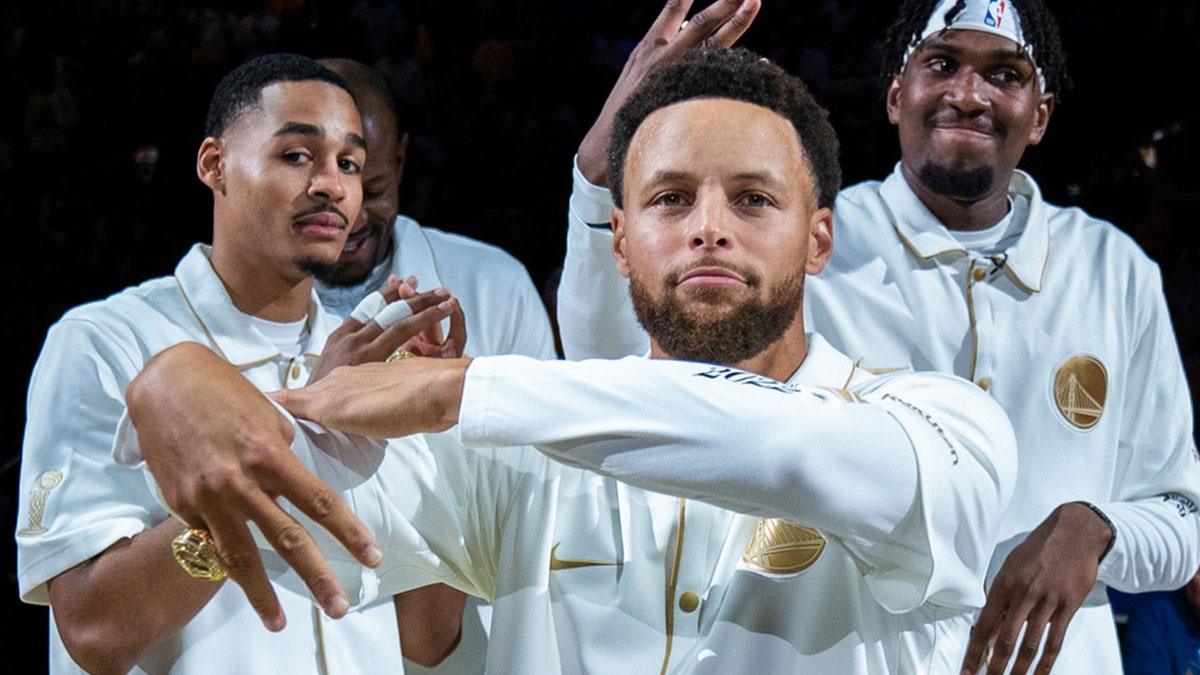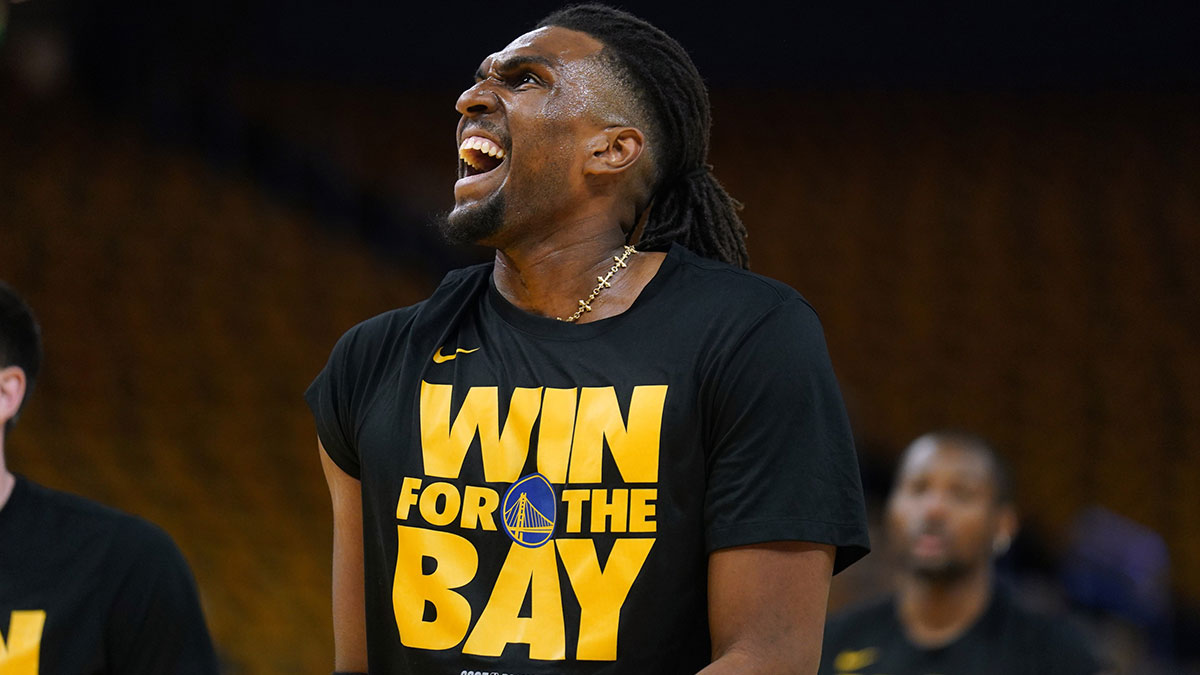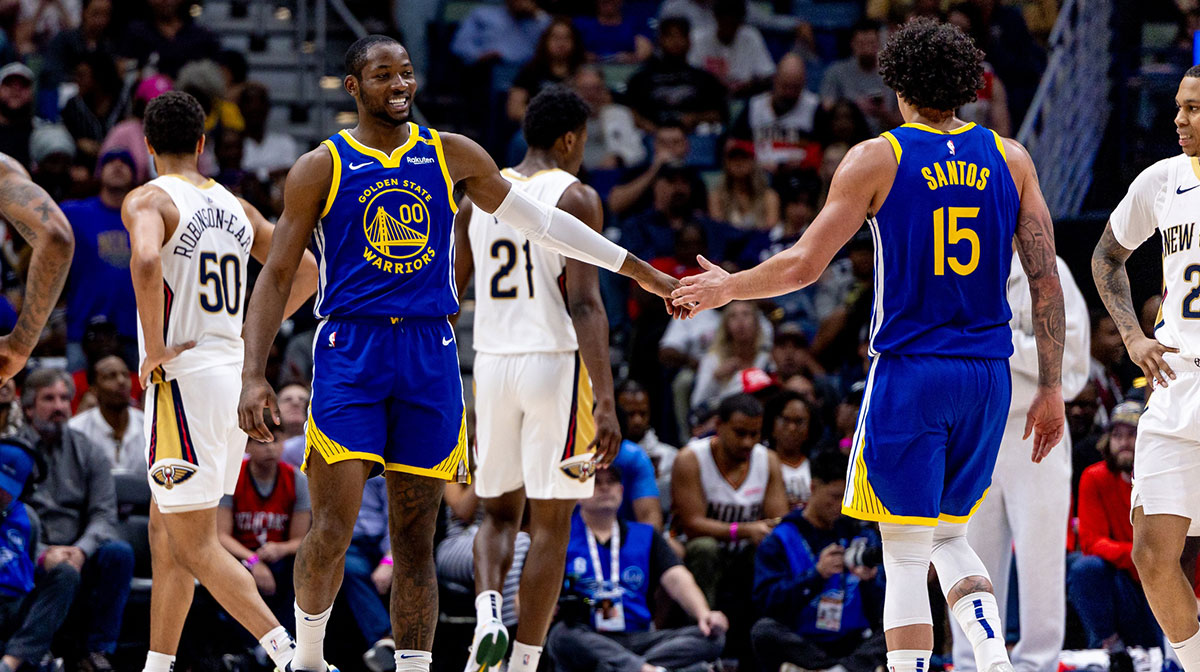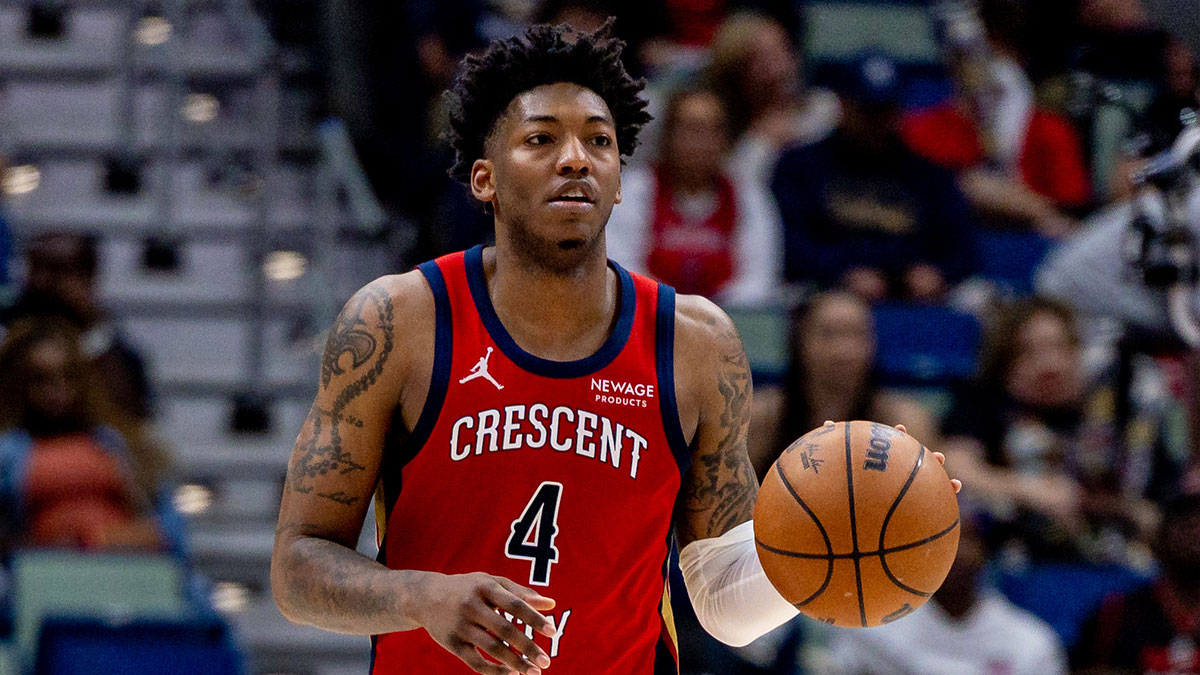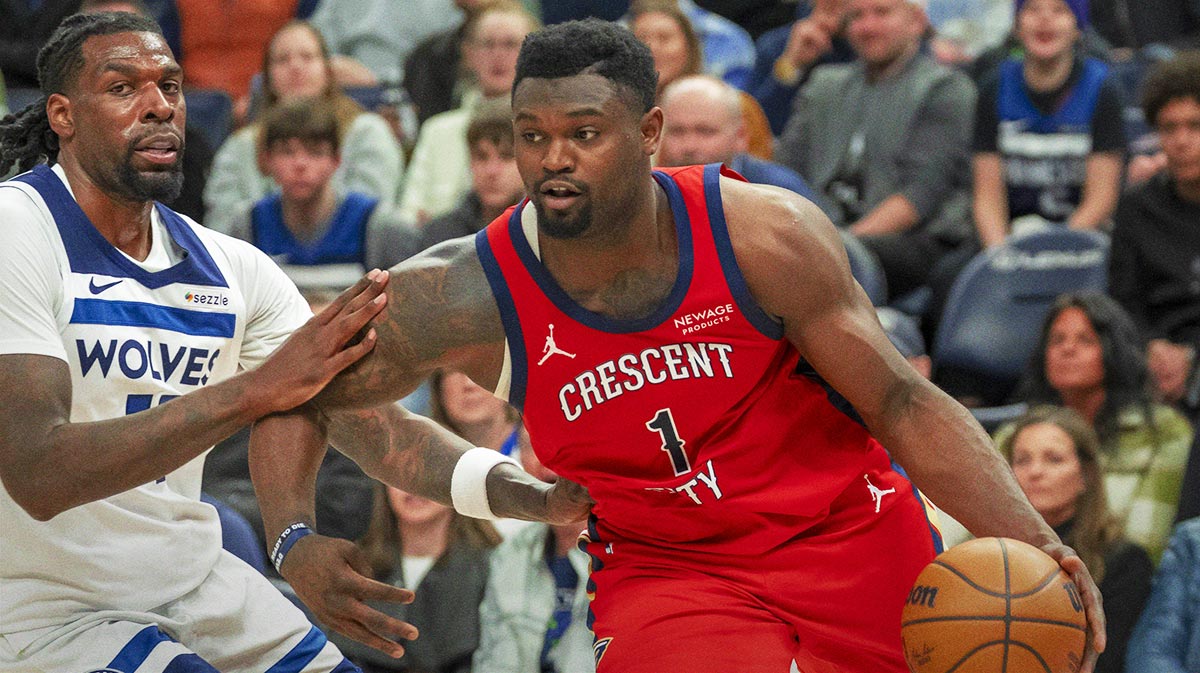The New Orleans Pelicans have one last card to burn with franchise star Anthony Davis, a check with $240 million written out to his name for the next five years of his loyalty. Yet the supermax contract, the magnanimous baby birthed out of the most recent collective bargaining agreement designed to entice players to stay with the teams that drafted them, is mildly superficial when it comes to selecting a playing destination.
While the Pelicans can offer a bevy more than any other teams by means of the supermax, a player of Davis' caliber would only be taking a very minor loss if he hoped to choose a new place to call home.
Kevin O'Connor of The Ringer outlined the math, as if he was traded to a team like the Los Angeles Lakers, he would receive a firm boost in salary immediately thanks to a 15 percent trade kicker:
The NBA's "supermax" isn't so super: Over the next six years, Anthony Davis can earn $266.6 million with the Pelicans compared to a projected $252.3 million with a team that trades for him. That’s a difference of only $2.4 million per season.
💰Read more: https://t.co/9KjQ04wVo2 pic.twitter.com/DLQWfjDDri
— Kevin O'Connor (@KevinOConnorNBA) December 27, 2018
Davis would then need to sign a one-plus-one deal the following offseason (2020-21), which would be for 30 percent of the team's salary cap (adverse to 35 percent in a supermax contract), then accept a player option the next (2021-22) and finally sign a five-year extension, which would be for the full 35 percent of the cap.
By waiting a few years to sign that long-term deal, Davis would only lose an average of $2.4 million per season, or a hair over $14 million of contract royalties, which is only a lilliputian 5.3 percent of the total money he could earn over the span of the next six seasons. A small price to pay for playing in his preferred destination.
This very strategy is already put under run by Kevin Durant, the very player who caused the NBA to create this supermax provision in the first place, which might as well be called the “Durant-Warriors antidote.”
Durant has signed three one-and-one deals since joining Golden State and is now in line to fatten his pockets with as much money as he can earn, paving a clean road for Davis to follow if he chooses to leave New Orleans for greener pastures.
Joining a market like L.A. would also bring a regalia of endorsements and business opportunities that would make those $14 million a complete afterthought, given how much Davis could monetize with his popularity in a big market.

